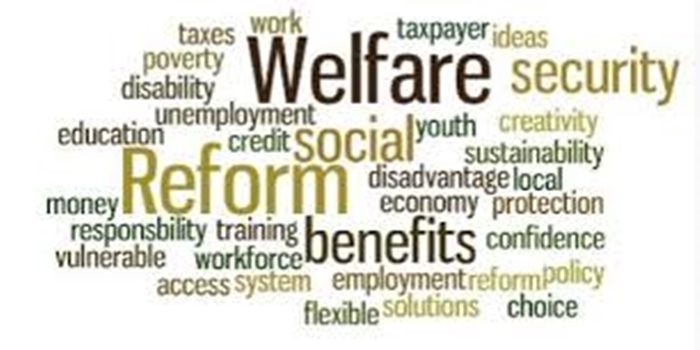In this article, we discussed the meaning of social welfare service, the types, the purpose, the importance, and also examples.
Definition
Social welfare services are programs that help people in need by providing financial aid and other assistance. These services can be provided by the government, private organizations, or charitable institutions.
How social welfare services help
Financial aid
Social welfare services can help people pay for food, housing, healthcare, childcare, and other necessities.
Education
Social welfare services can help people access education and training.
Employment
Social welfare services can help people find employment and work opportunities.
Child welfare
Social welfare services can help children and their families live safe, stable lives.
Types of social welfare services
Income assistance: Programs like Temporary Assistance for Needy Families (TANF), Supplemental Security Income (SSI), and the Earned Income Tax Credit (EIC)
Food assistance: Programs like the Supplemental Nutrition Assistance Program (SNAP)
Housing assistance: Programs that help people find and maintain housing
Disability services: Programs that help people with disabilities integrate into society, including vocational training and rehabilitation
Child welfare: Programs that help children in need, including adoption, foster care, and support for behavioral problems
Substance abuse services: Programs that help people recover from substance use
Social welfare systems vary by region. To qualify for this programs typically have eligibility criteria based on income and wealth.
Social welfare goals
The programs are important because they help ensure that people have the minimum standard of living and that their essential needs are met.
The purpose of Social Welfare Services:
Focus on vulnerable populations:
These services are primarily directed towards people facing challenges like poverty, unemployment, disability, illness, or family crisis, who may require additional support to meet their basic needs.
Government involvement:
Social Welfare programs are often funded and regulated by government entities, providing a safety net for citizens.
Variety of services:
Depending on the specific needs of a community, services can include cash assistance, food stamps, housing assistance, childcare support, job training, counseling, and healthcare access.
Preventative approach:
Beyond immediate relief, it aims to prevent further social issues by addressing root causes of problems and empowering individuals to achieve self-sufficiency.
The importance of Social Welfare Services:
Meeting basic needs:
They provide essential necessities like food, shelter, and medical care to those who cannot afford them, preventing hardship and suffering.
Economic stability:
By offering financial assistance and job training programs, this can help individuals re-enter the workforce and contribute to the economy.
Social cohesion:
By addressing inequalities and providing support to vulnerable populations, it can promote social harmony and reduce social unrest.
Child development:
Programs focused on child welfare can provide crucial support to families with young children, ensuring their healthy development and future opportunities.
Empowerment:
Social welfare services can empower individuals to overcome challenges and improve their quality of life by providing access to resources and support systems.
Preventative measures:
Early intervention through social welfare programs can help prevent further issues like crime, homelessness, and chronic health problems.
Examples of social welfare services
Social insurance: Programs where people pay into a fund that covers costs associated with life events, such as disability, old age, or survivor benefits
Housing help: Programs that help people avoid homelessness and housing insecurity, and may include job training and employment opportunities
Social Security: Federally funded programs that benefit Americans who qualify based on age, work history, and payroll deductions
Supplemental Nutrition Assistance Program (SNAP): Food and nutrition assistance for low-income individuals
Temporary Assistance for Needy Families (TANF): Financial assistance and support services for income-eligible unemployed people
Health care: Social workers help people deal with personal and social factors that affect health and wellness
Labor market interventions: Programs that help the unemployed and the most vulnerable find jobs.
Conclusion
A “Social Welfare Service” refers to a system of organized programs and institutions designed to provide support and assistance to individuals and communities facing social challenges, aiming to improve their quality of life by offering services like housing, healthcare, food aid, education, and employment assistance, often funded by the government and accessible to those who qualify based on their needs; essentially, it’s a structured approach to addressing societal issues and promoting well-being among vulnerable populations.


